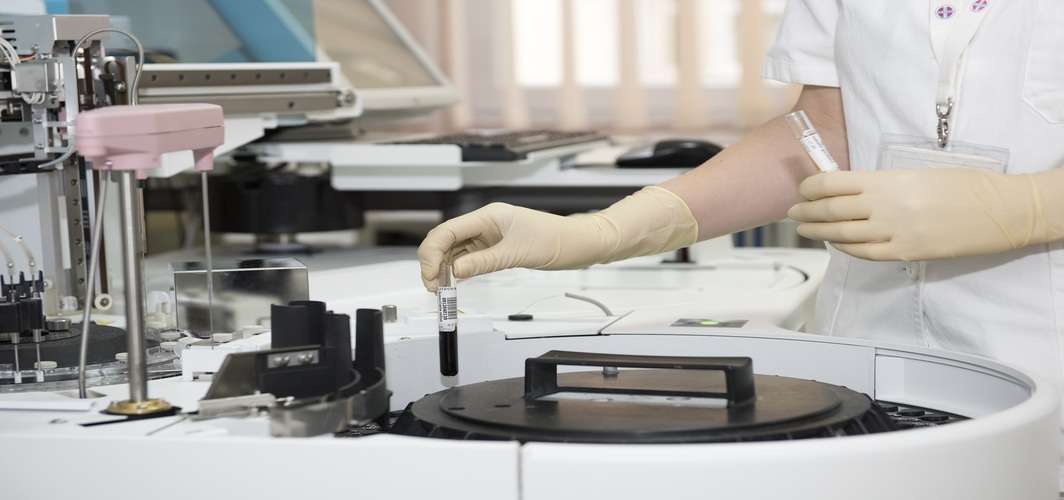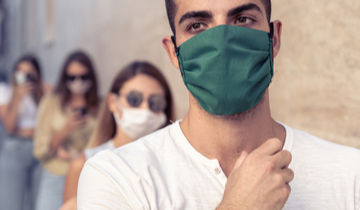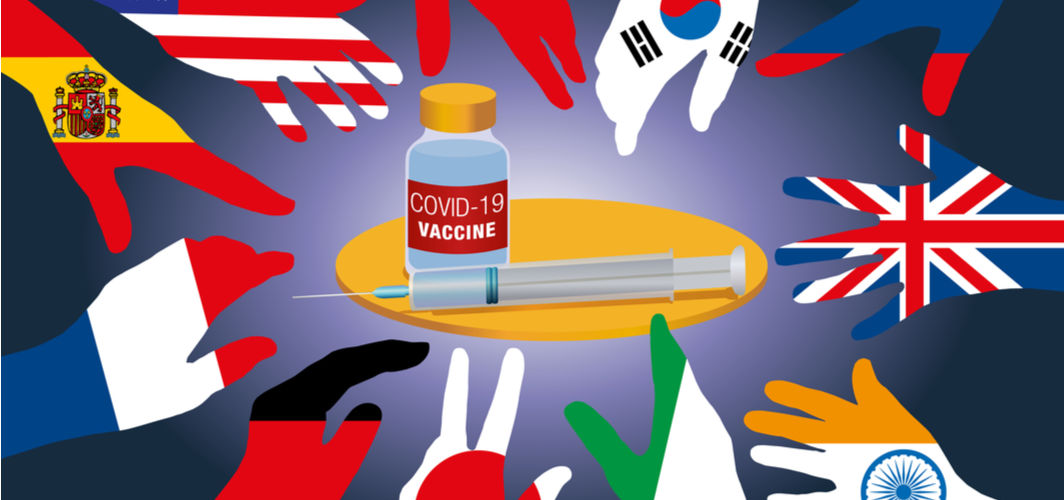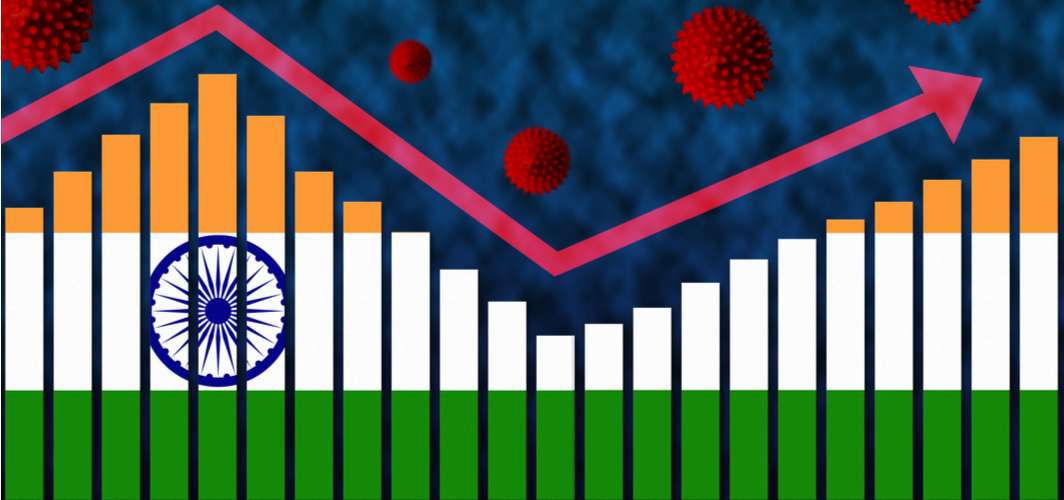COVID-19 Vaccines
COVID-19 Vaccines: How effective are they in the real world?
6 min read
By Apollo 24/7, Published on - 12 March 2021, Updated on - 18 October 2022
Share this article
0
22 likes

COVID-19 Vaccines
Leave Comment
Recommended for you

COVID-19 Vaccines
Clinical Trials of COVID-19 Vaccines Explained
A clinical trial is conducted to primarily test new biological innovations such as medicines and vaccines.

COVID-19 Vaccines
When will I get vaccinated?
Due to the limited availability of the vaccines, only those who are at the greatest risk of contracting the infection will get vaccines in the first phase.

COVID-19 Vaccines
Leading COVID-19 Vaccines: Which countries are pre-booking the doses?
With wealthy countries placing their bet on multiple COVID-19 vaccine candidates, the middle and lower-income countries may face difficulty in getting equitable access to life-saving vaccines.
Subscribe
Sign up for our free Health Library Daily Newsletter
Get doctor-approved health tips, news, and more.
Visual Stories

COVID-19 wave 2 in India and how it is being tackled
Tap to continue exploring
Recommended for you

COVID-19 Vaccines
Clinical Trials of COVID-19 Vaccines Explained
A clinical trial is conducted to primarily test new biological innovations such as medicines and vaccines.

COVID-19 Vaccines
When will I get vaccinated?
Due to the limited availability of the vaccines, only those who are at the greatest risk of contracting the infection will get vaccines in the first phase.

COVID-19 Vaccines
Leading COVID-19 Vaccines: Which countries are pre-booking the doses?
With wealthy countries placing their bet on multiple COVID-19 vaccine candidates, the middle and lower-income countries may face difficulty in getting equitable access to life-saving vaccines.